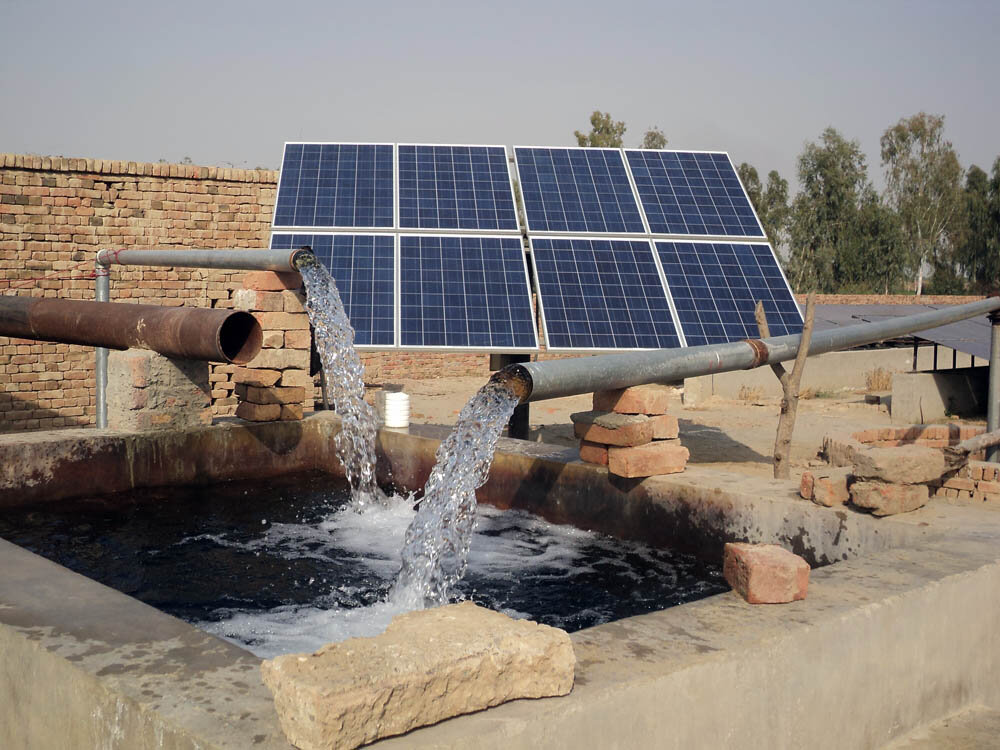Tavanir to install solar PV stations for agricultural wells across Iran

TEHRAN - Iran's Power Generation, Distribution, and Transmission Company (known as Tavanir), in collaboration with the Iranian Fuel Conservation Company (IFCC), is going to implement a program for installing free solar power stations for agricultural wells across the country, IRNA reported.
As reported, following the increase in the electricity consumption by the agricultural sector in the current years due to the water shortage and drought, Tavanir and IFCC have signed a memorandum of understanding (MOU) to collaborate for installing PV stations for the agricultural wells.
Based on the mentioned MOU, which was signed by Tavanir Head Mohammad-Hassan Motevalizadeh and head of IFCC Ali Mobini Dehkordi, farmers are not going to pay any price for the mentioned stations and all the costs are covered by the mentioned entities.
Speaking at the signing ceremony of the MOU, Dehkordi noted that under the framework of this memorandum, PV stations will be installed for 60,000 agricultural wells over a three-year period.
“In the first phase of this program, 11,000 wells are scheduled to be provided with renewable energy sources,” the officials said.
“In winter, when agricultural wells are not in use, solar electricity is injected into the national grid and will be supplied to other consumers,” the official stated.
According to the official, based on the said memorandum $1.6 billion is going to be allocated for providing electricity to agricultural wells with the aim of reducing fossil fuel consumption in the agricultural sector.
Underlining the environmental impacts of the mentioned program, Dehkordi said: “Implementing this plan will make the environment cleaner and create a value chain. At the same time, it will also lead to more employment and economic prosperity.”
In the past decade, constant temperature rising and the significant decrease of rainfalls across Iran have put the country in a hard situation regarding electricity supply during peak consumption periods.
In this regard, the Energy Ministry has been following new strategies in recent years to manage the power consumption in various sectors and lessen the electricity losses in the national grid.
EF/MA
